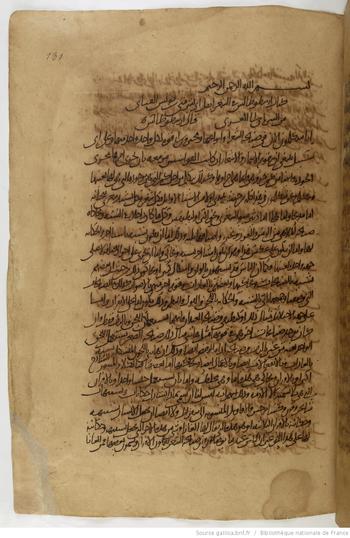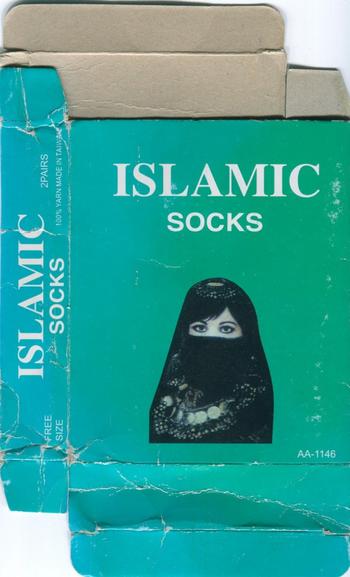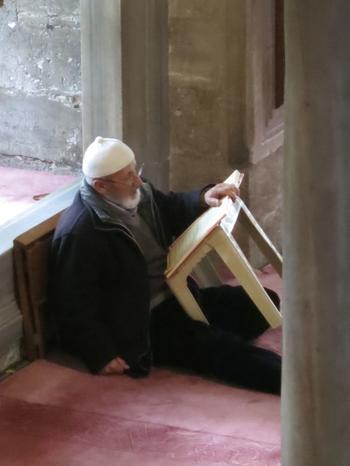Research focus
Texts
Image Credit: gallica.fr / Bibliothèque nationale de France
Objects
Image Credit: Alina Kokoschka
Practices
Image Credit: Ulrike Freitag
Our research fellows investigate the plurality, changeability, and global connectedness of Muslim cultures and societies past and present. In a comparative way, they examine concepts, practices, and institutions variously understood as Islamic.
Geographically, the Graduate School covers a broad spectrum: in addition to the Middle East, our research focuses on sub-Saharan Africa; Central, South, and Southeast Asia; and the Muslim diaspora in Europe and North America.
The Graduate School systematically connects cultural, historical, and social-scientific approaches to research. This is reflected in the multidisciplinary composition of researchers and research projects. We offer supervision of doctoral projects in the following disciplines:
- Arabic Studies,
- Asian and African Studies,
- Central Asian Studies,
- History,
- Human Geography,
- Islamic Studies,
- Iranian Studies,
- Political Science,
- Semitic Studies,
- Social and Cultural Anthropology,
- South and Southeast Asian Studies,
- Southeast European History.
Research projects at our Graduate School address in particular strategies of dealing with diversity, difference, and distinction in a wide range of fields, be they religious, cultural, ethnic, social, economic, or political. They do this through one or more of the three focal areas of texts, objects, and practices.
Texts
Texts form an important nexus through which diversity is negotiated within Muslim communities and societies. This negotiation occurs at all stages of textual production as well as during the reception and re-use of textual material. We understand the concept of text in a broad way: orally transmitted, written, or alternating between both modes.
Objects
Objects can be used as key points of entry into understanding the ways in which Muslim communities deal with diversity and difference. This includes analysing material culture with reference to its discursive function as well as investigating the role of objects in social interactions.
Practices
Our research in this area explores broader questions of power relations and the way these might affect various actors’ approaches to dealing with diversity. Possible research topics include perceptions of difference, individual strategies of dealing with diversity, and practices of enacting difference and hybridity.




